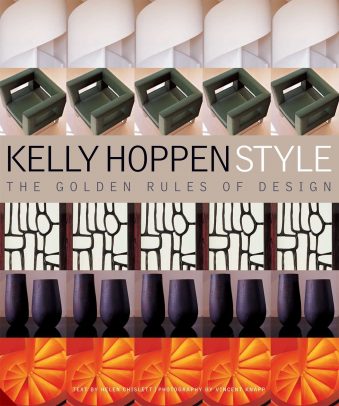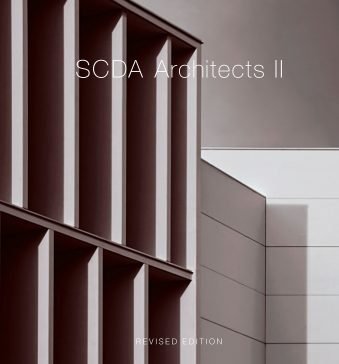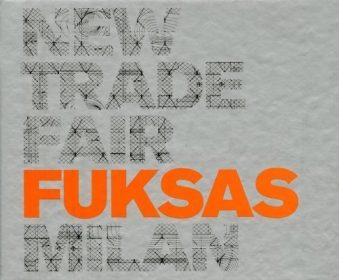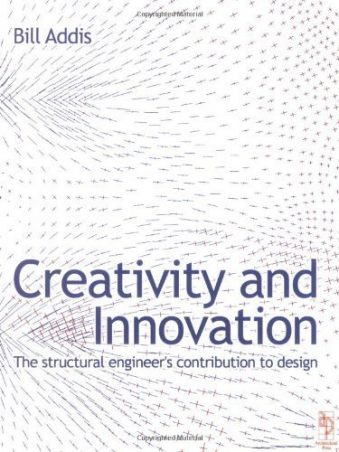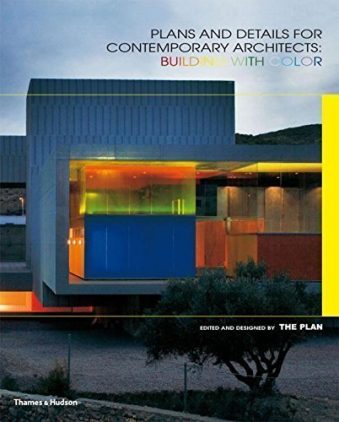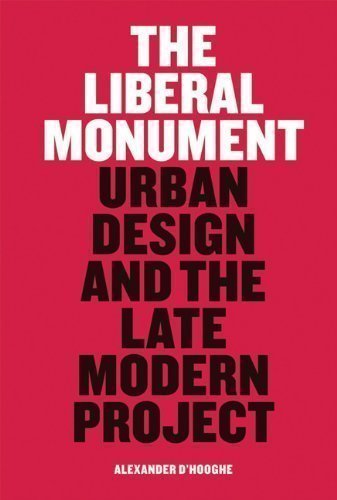- Empty cart.
- Continue Shopping
Totalization: Speculative Practice in Architectural Education
₹2,900.00
- By Troy Schaum
- Paperback: 288 pages
- Publisher: Park Books (8 July 2019)
- Language: English
- ISBN-10: 3038600970
- ISBN-13: 9783038600978
- Product Dimensions: 16.5 x 2.3 x 24.1 cm
Out of stock
Architecture is the quintessential generalist pursuit, requiring practical knowledge of geometry, technology, politics, history, culture, and economics, as well as an understanding how these disparate pieces fit together within the context of architectural practice. In short, an architect’s expertise lies in big picture constructs, or totalization. The latest in the Rice Architecture series, Totalization shows the Rice School of Architecture’s Totalization Studios at the forefront of teaching students to leverage the breadth of architectural practice toward in-depth speculative design work. Can a building’s exterior be made of plastic? What is the twenty-first-century equivalent of the nineteenth-century steel frame? Can taking parts from a building for use elsewhere extend the building’s useful life? Exploring these and other questions in cooperation with four studios – three in Houston, one in Paris – the work collected here challenges conventions around structures; facades; materials; and the mechanical, electrical, and plumbing aspects of building design and construction. The ultimate aim of the Totalization Studios is to eliminate the distinction between speculation and practice in students’ final projects. The Totalization Studios represent one of the most innovative and robust architectural programs – a source of inspiration for many other programs worldwide – and this book offers welcome insights into its teaching methods through featured projects. With essays by Troy Schaum, Nat Oppenheimer, Mark Malekshahi, Doug Oliver and Will Cannady, Andrew Colopy, Mark Wamble, Oualalou + Choi and John Casabarian; a discussion with Nat Oppenheimer, interviews with Troy Schaum and Robert Heintges, and a conversation with Linna Choi and Tarik Oualalou. Afterword by Sarah Whiting.
About the Author
Troy Schaum is an architect and Assistant Professor at Rice School of Architecture. He is also a founding partner in the New York City and Houston-based practice SCHAUM/SHIEH.





